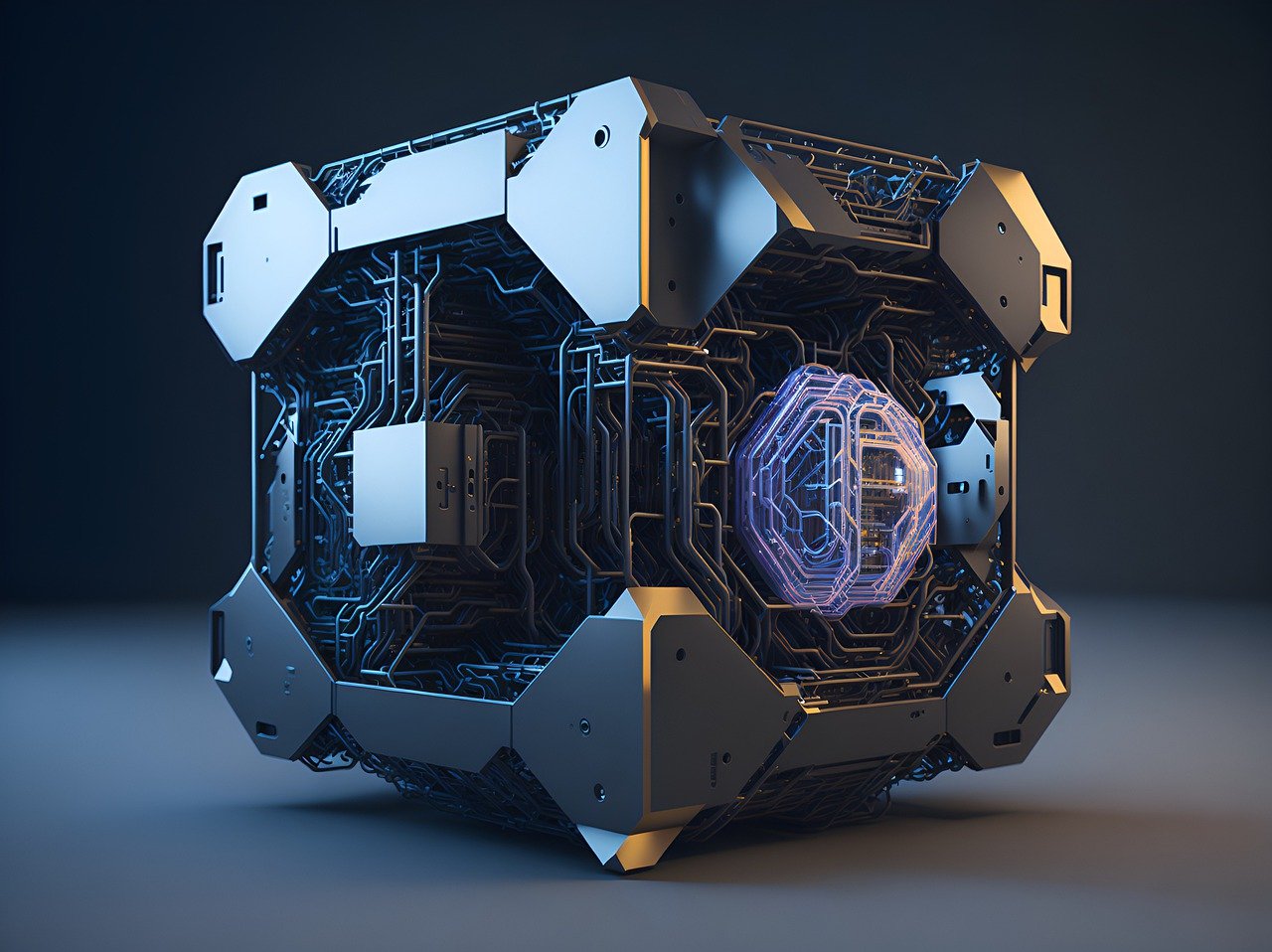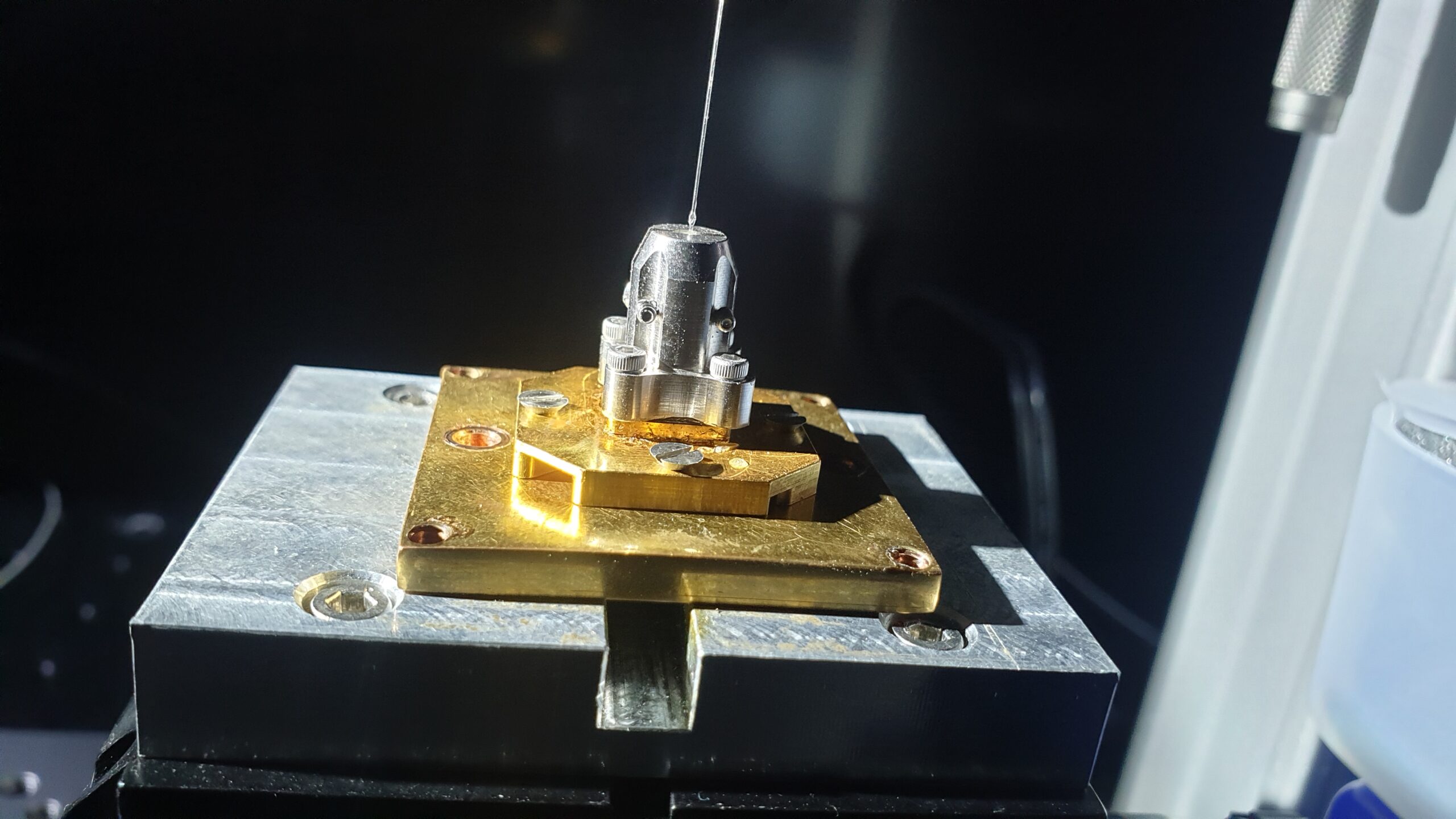Noise is a broad concept that includes all imperfections and unwanted processes that may occur during a computation, degrading its output.
Ideally, the quantum system that hosts the computation should be perfectly isolated from its surroundings and it should be possible to prepare, manipulate and measure its state with infinite precision. When these assumptions are violated, some form of noise is inevitably introduced into the system.
The nature and extent of noise depend on the specific low-level mechanisms that produce it. As a consequence, each quantum computing platform, with its chosen physical system, faces its own bottlenecks.
Keeping track of noise going up from hardware to software in the stack of quantum computation requires some form of abstraction. One cannot afford to keep a detailed description of a physical noise process in the analysis of a quantum algorithm and must translate that into logical operations performed on the qubit of the system, such as Pauli rotation.
What is noise in photonic quantum computing?
- Losses
Whenever light passes through a component which is not a perfect vacuum, there is a non-zero probability it will be absorbed. For photons, this absorption is discrete and results in the loss of the particles.
- Unitary imperfection
The photonic chip used to make photons interfere can be unstable. Careful temperature control and electrical driving are required to achieve precise operations.
- Detector errors:
Real-world detectors provide only an approximate indication of a photon’s presence. They might fire when no photon is present or report fewer photons than the actual number they receive.
- Photon distinguishability
An imperfect production process results in differences in the internal state of the photons used in the computation, degrading their non-classical interference properties.
Frequently asked questions about noise
- Does the presence of noise forbid reliable quantum computation? No, the errors induced by noise can be dealt with in more than one way. When the rate at which noise produces errors falls below a certain threshold, one can notably implement Quantum Error Correction protocols to identify and revert them. If an expensive error correction strategy is not available, noise can also be mitigated by investing additional classical resources such as postprocessing or extra acquisition time. In both situations, it is crucial to understand and characterize the noise processes that affect the system.
- Which quantum computing platform has the least noise? Noise is platform-specific and there is no single valid answer to the question. Photon-based computation does not suffer from decoherence due to interaction with the environment, which instead dominates the superconducting and trapped ion platforms. On the other hand, the impact of qubit loss during computation is almost negligible for stationary qubits but a major concern for flying ones. While it can be tricky to directly compare noise, it is possible to use Quantum Benchmarking to compare the overall computing performance between different systems.


